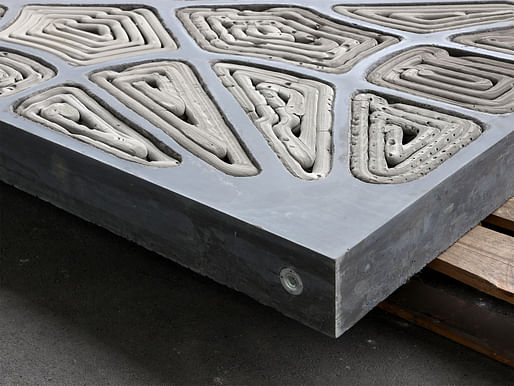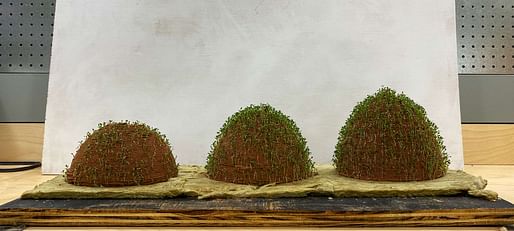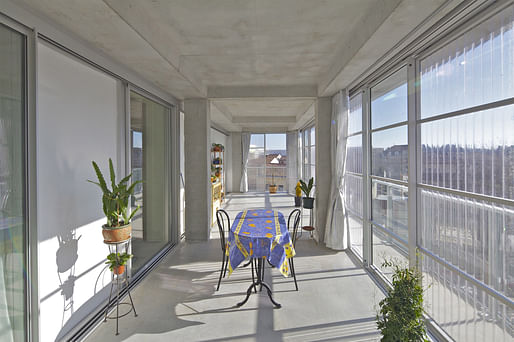

Back in June, we reported on news that Penn State was undertaking research on embodied carbon in cities. Led by the university’s architecture school with support from computer science, engineering, and business professors, the ongoing research seeks to develop methods to measure embodied carbon in the construction industry: a category which accounts for 11% of global greenhouse gas emissions.
The initiative at Penn State is one of several examples of U.S. architecture and design schools establishing teams to lead research into the link between the built environment and climate change. 2022 alone has seen the Yale School of the Environment assist in the launch of a project to use New York’s Central Park as a site for climate research, the establishment of the Harvard Climate Justice Design Fellowship, and the awarding of grants by the AIA to climate initiatives at the New Jersey Institute of Technology, Penn State, the University of Texas at Arlington, and Ball State University.

Last year, meanwhile, we saw several examples of U.S. schools showcasing sustainable innovations in material science. These included the University of Idaho’s $4 million research into 3D-printing technology that converts wood waste into building material, Rice University’s research into the potential for waste car tires to be used in concrete, and Northeastern University’s 100% recycled “cooling paper” which can cool buildings without the need for electricity.

While such initiatives are led by academic institutions, the individuals involved are not exclusively drawn from academic spheres. To demonstrate that industry professionals can also join academia-led research into climate change, we are using our Job Highlights series this week to focus on one such opportunity at the University of Washington.
Over on Archinect Jobs, the university’s College of the Built Environment is currently looking for several Embodied Carbon Researchers to join their Carbon Leadership Forum. Open to individuals with experience in carbon accounting, building performance analysis, and embodied carbon/Life Cycle Assessment procedures, the role welcomes applicants with experience working in the construction industry, and not exclusively in academia.

Successful candidates will join the Carbon Leadership Forum in its mission to “accelerate the decarbonization of the building sector through eliminating the embodied carbon in building materials and construction through collective action.” Specific efforts at the Forum include advancing life cycle assessment tools and methodologies, advancing policy around climate and construction, and building a community network with regional hubs to enable “widespread action to reduce embodied carbon.”
“We need to reduce embodied carbon by 40-65% by 2030 to meet the reduction scenarios set by the IPCC to avoid catastrophic effects of climate change,” the Forum warns. “And yet current building design and construction practice is failing to adequately address embodied carbon and make meaningful progress."
"We believe that robust, multi-disciplinary, collaborative research on embodied carbon and decarbonization pathways paired with accessible tools and resources is critical to making progress across the building sector.”

Full details on the Carbon Leadership Forum's latest job opportunities can be found here on Archinect Jobs. Stay tuned for future curated job highlights, and be sure to keep your eyes peeled for more exciting opportunities on Archinect's industry-leading job board. Recent editions of our Job Highlights series have seen career opportunities for a Web Developer at KPF, a Rural Getaways Designer at HUTS, and an Experiential Graphics Designer at C&G Partners.
No Comments
Block this user
Are you sure you want to block this user and hide all related comments throughout the site?
Archinect
This is your first comment on Archinect. Your comment will be visible once approved.